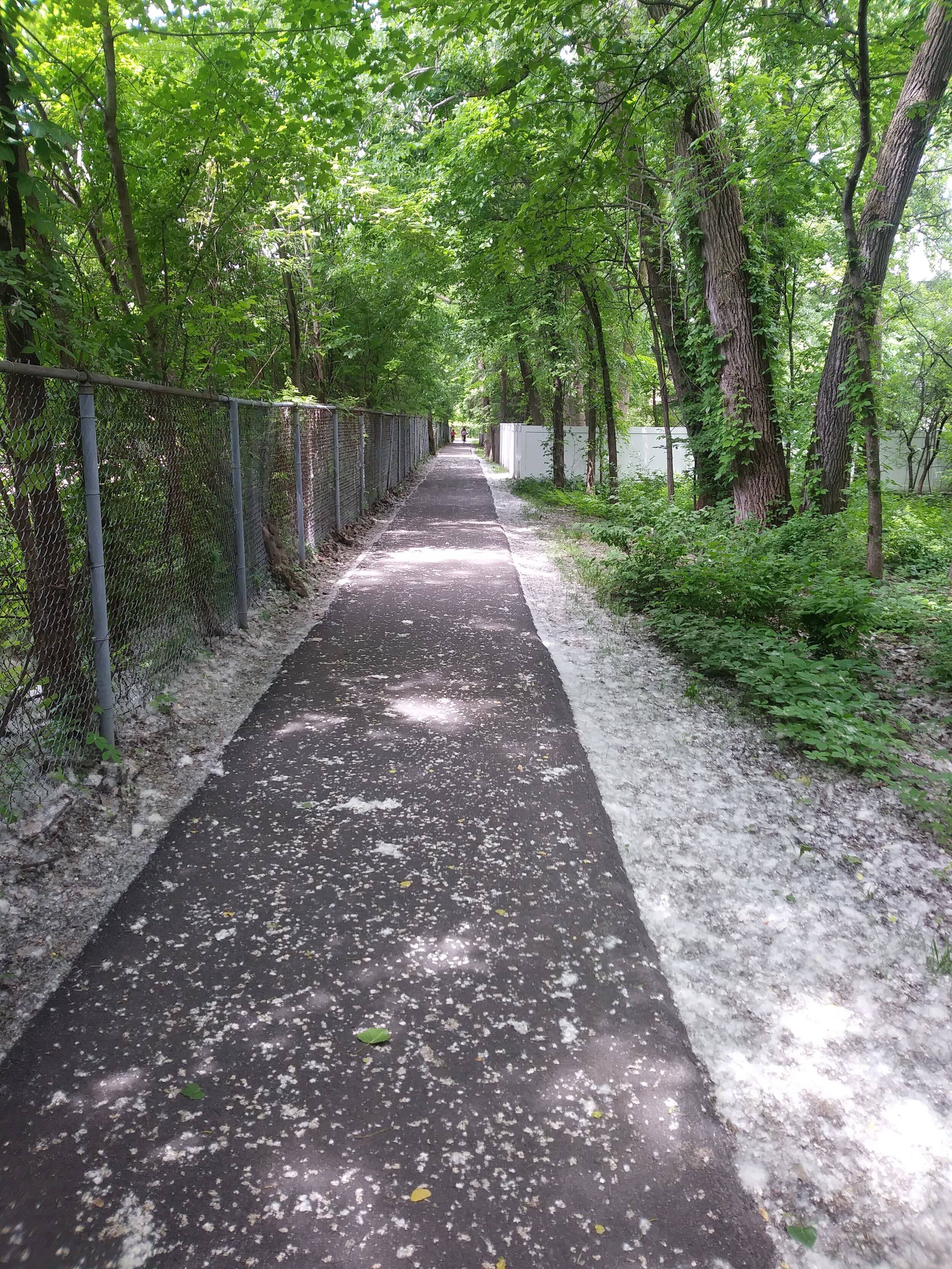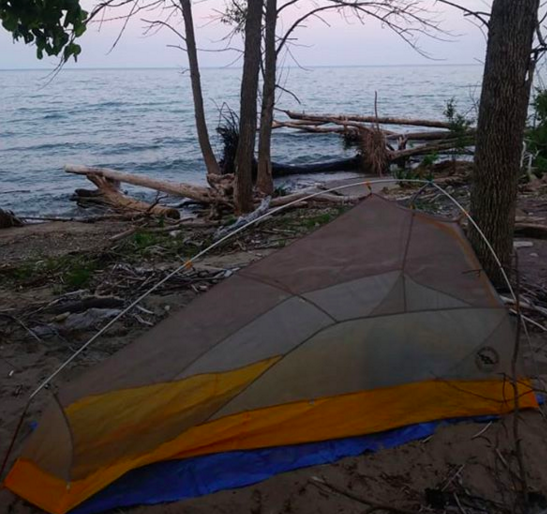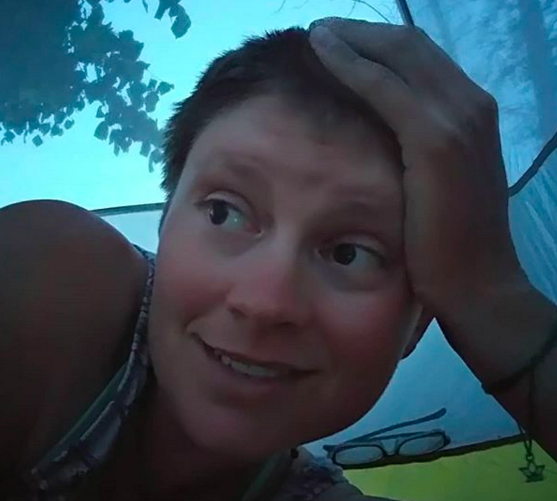thoughts on our build journal
How to do van life:
Step 1: Get a boyfriend who has a van.
Congratulations, you are now doing van life.
The other day, Doug and I watched a #vanlife video where a chick in booty shorts and a belly shirt talked about how rewarding it is to build out your van yourself… and then the rest of the video was her boyfriend building out the van. Naturally, I made fun of it… even though I’m kinda doing the exact same thing.
All I do these days is write — submitting my memoir to publishers and contests, seeking out freelance opportunities, and working on a collection of essays about riding a bike on every continent. So when Doug said he’d love to do a build journal but just doesn’t have the time, I thought, what’s one more creative project? It’s a hell of a lot more fun than book proposals — I get to ask my boyfriend questions about a meaningful experience in his life, and he gets to see a nice tribute to his hard work.
Of course, it does raise an uncomfortable question: Who am I to write about someone else’s van build, especially stuff he did before we even met? It reminds me of my research in grad school. Even though I got a CDL and drove an 18-wheeler, that still didn’t make me a trucker. I was inherently an outsider. And what good is my opinion if I’m not an actual representative of the population I’m writing about?
I suppose the best answer is: If I don’t write this build journal, there’s a good chance it won’t get written at all. So I intend to do it as responsibly as possible, by accurately representing Doug’s experience and remaining honest about my role.
And what role is that? Perfect example: As I was writing this post, I heard a deep sigh from the garage.
“Everything okay?”
“I fucked up.”
I wandered over to Doug’s workbench, where he gazed disconsolately at the electrical cabinet. “I put the hole for Boris too far over.”
(Boris, I should note, is the USB port for our fairy lights — because I’m pretty sure it’s illegal to #vanlife without fairy lights.)
“Show me what you mean?”
“See how the cap is twisted like that?”
“Didn’t you say we aren’t using the cap?”
“Yeah…”
“I feel like that cap only exists in case Sharon spills her coffee on the USB port on her way to work.”
“Classic Sharon… But when I put the plastic fairing back on the wall, there won’t be enough room for the USB.”
“Does it have to go back on the wall?”
“… Actually, it doesn’t.”
“Problem solved?”
Doug has expertise, but I have beginner’s mind. Never underestimate the power of a good sounding board or brainstorming partner. And hey, even though I don’t have the skills to help Doug build our van, by sharing his stories, maybe I can help inform or inspire you while you build yours.













